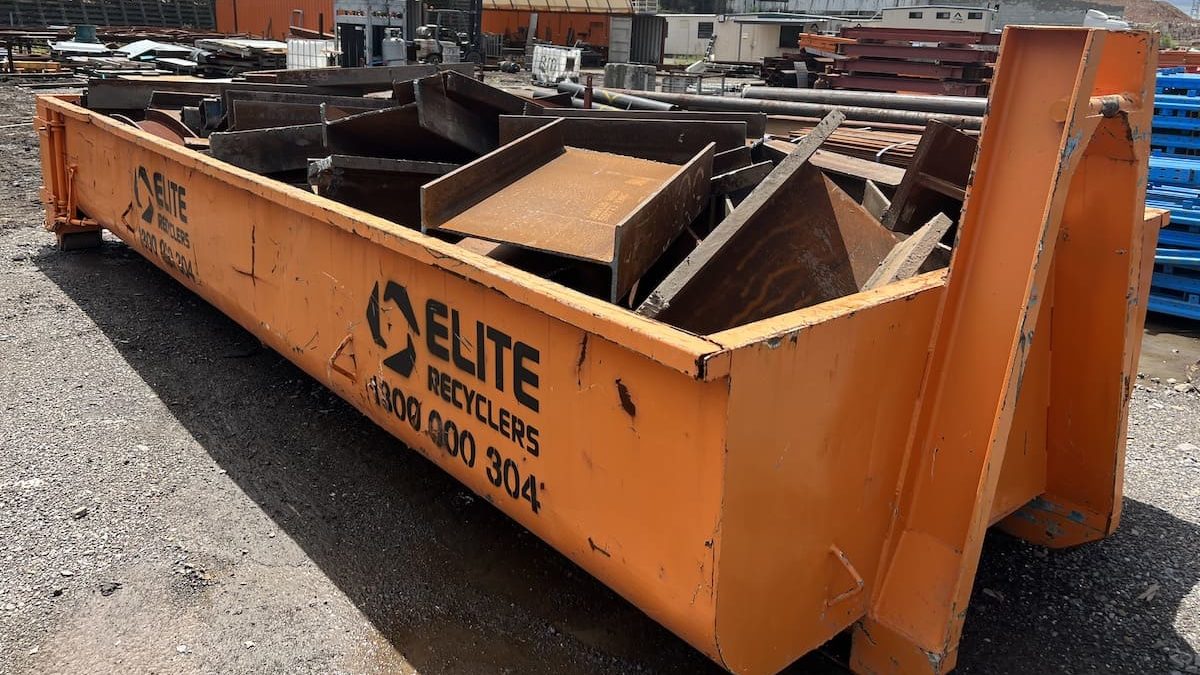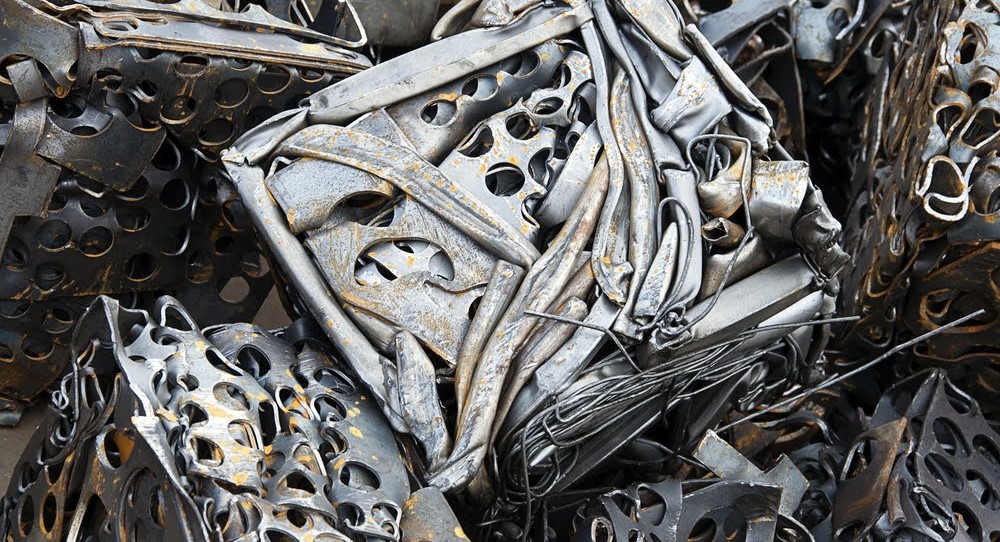
Ferrous And Non-Ferrous Metal Recycling: Why There’s Value In Scrap
Did you know that metal is one of the world’s most recycled materials? In fact, due to its unique properties, metal can be melted and reshaped into new objects again and again. It’s a truly continuous lifecycle and one of the best ways to turn scrap into cash.
In this blog, we’ll take a look at the two types of metal, why there’s value in recycling them and the benefits of doing so.
Let’s take a look!
Ferrous Metals
Ferrous metals, which contain significant amounts of iron, are very durable and have good tensile strength. They’re also often magnetic and vulnerable to rust due to their high carbon content, except for some steel alloys.
Stainless steel, wrought iron, cast iron, high carbon steel, and tool steel are just a few of the most frequently used ferrous metals.
Ferrous materials are popular for infrastructure and transportation industries. Common examples include skyscrapers, bridges, railroads and automobiles. It’s also used to make common household products such as cookware, appliances, tools and machine parts.
Non-Ferrous Metals
In contrast, non-ferrous metals don’t contain significant amounts of iron and are rarer. They’re usually lower density (weighing less), conductive, more malleable and do not rust.
Aluminium, lead, cobalt, nickel, copper, tin, zinc and brass (an alloy of copper and zinc) are all non-ferrous. Precious metals like gold, silver and platinum fall into this category as well.Non-ferrous metals are key to making aircraft, musical instruments, household fixtures and electronic devices. There’s also a huge demand building for ferrous metals to manufacture the electric batteries that will power the green-energy revolution.
Recycling Demand For Ferrous and Non-Ferrous Products
Recycling demand for ferrous and non-ferrous products continues to be high. Existing metal is cheaper to process into new products than mining raw material and it retains all its properties no matter how many times it’s recycled.
One of the downsides of ferrous metals is that corrosion can make them unsalvageable; unless it’s a ferrous alloy that is typically more resistant to corrosion. In contrast, non-ferrous metals are incredibly durable and won’t degrade over time.
When it comes to pricing, the two types of metal differ considerably. Despite the fact that ferrous metals are recycled in larger quantities, non-ferrous metals are worth more money. This is because there’s a larger supply of ferrous metal to meet demand compared to non-ferrous metals.
At Elite Recyclers, we buy both ferrous and non-ferrous metals. As long as it’s not a prohibited item, we’ll pay you cash for your unwanted metal items. If you have a large amount, we can deliver a large scrap metal bin and pay you for the value.We pride ourselves on good old fashion service and offer the best prices for scrap metal in Brisbane and South East Queensland. Speak to one of our scrap metal recycling experts today by calling 1300 000 304 or enquire online.


